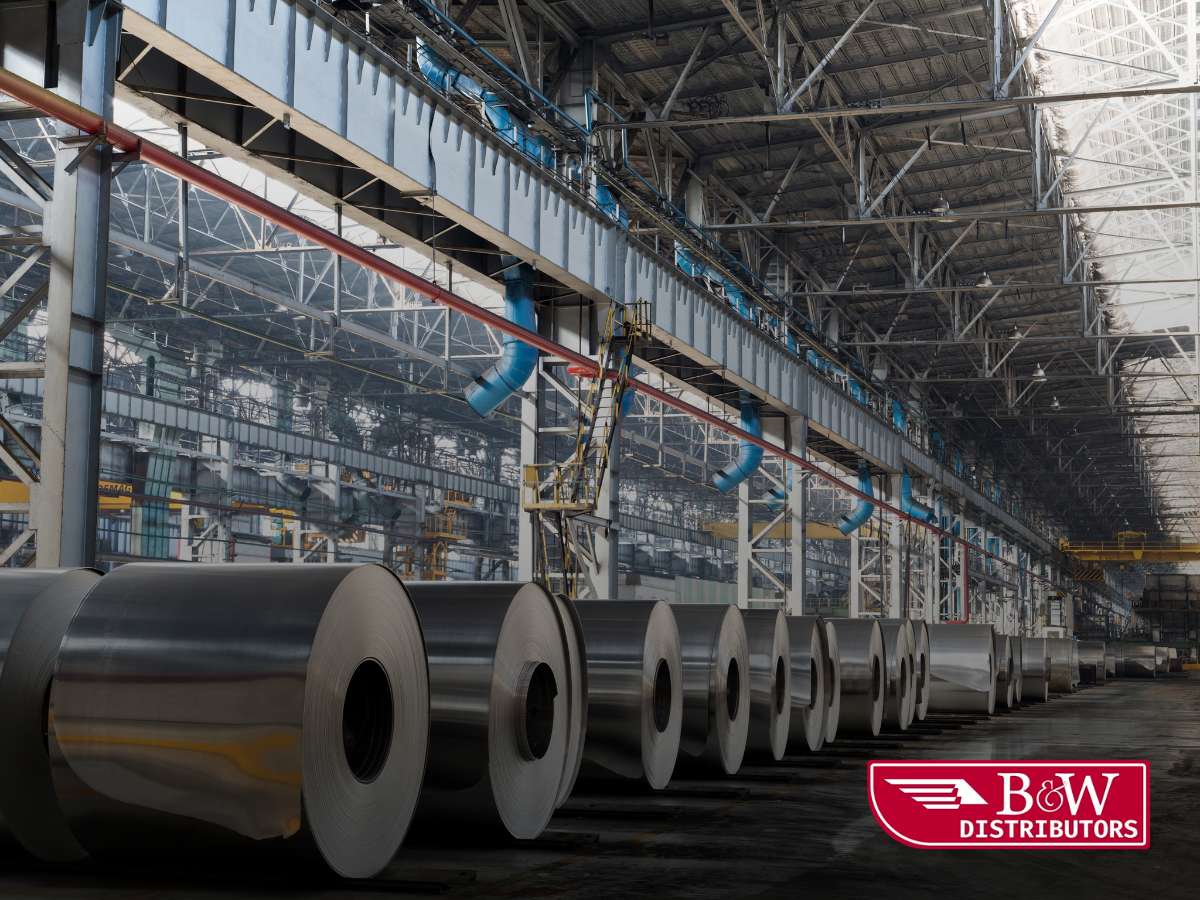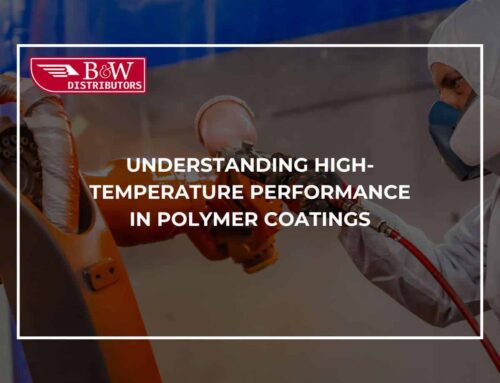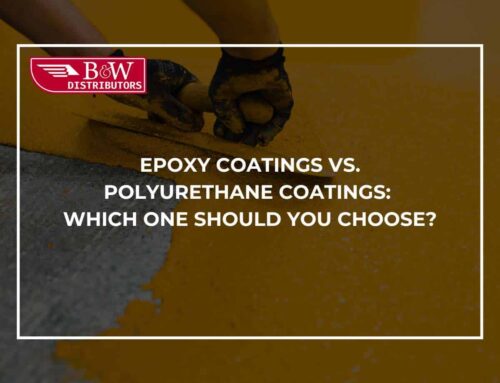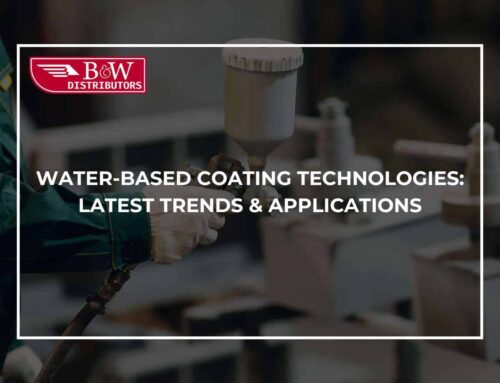Is Industrial Epoxy Flooring Durable For High-Traffic Manufacturing Facilities?
Evaluating The Longevity Of Epoxy Floor Solutions in Busy Industrial Facilities
Industrial epoxy flooring has become a preferred choice for high-traffic manufacturing facilities due to its exceptional durability and performance. In demanding environments where heavy machinery, constant foot traffic, and potential chemical spills are common, epoxy flooring offers several advantages that make it a reliable solution.
In large-scale business environments such as manufacturing plants and warehouses, the extensive floor space is subjected to considerable wear and tear. This wear results from a range of factors including machinery usage, spills, personnel and equipment traffic, and ongoing operational activities that gradually degrade concrete floors.
A comprehensive understanding of the distinctive characteristics, advantages, and drawbacks of epoxy flooring is essential in evaluating its suitability for incorporation within your organization.

The Benefits Of Epoxy Coatings In Industrial Settings
Epoxy flooring serves as a seamless protective coating designed to safeguard concrete surfaces from degradation. Comprising a blend of resin and hardener, this coating is meticulously mixed and applied over concrete slabs, forming a resilient shield that shields the underlying concrete from stains, chemical spills, mold, mildew, and daily wear and tear.
One notable advantage of seamless epoxy flooring lies in its adaptability to cater to specific requirements, including the incorporation of color flakes or quartz, as well as an extensive range of color options. Beyond the aesthetic enhancement afforded by such customization, the strategic use of colors can facilitate the differentiation of traffic and work zones, supplanting conventional floor markings like stickers and tape. Moreover, employing contrasting colors that stand out against fluids and solvents commonly encountered in industrial operations can serve as a visual alert, aiding in prompt spill cleanup or cautioning personnel to avoid slippery areas when wet.
Exploring Different Types Of Resin-Based Seamless Flooring For Industry
The umbrella term “epoxy flooring” often encompasses a range of seamless resin flooring options, including but not limited to urethane flooring, acrylic (MMA), polyester, vinyl ester, and other polymer-based materials. While these alternatives may share visual similarities with epoxy, it’s important to note that they are distinct materials in their own right. Epoxy, being a specific type of resin, stands apart from these other polymer-based flooring solutions despite their comparable appearance.
Evaluating Seamless Flooring Options: Epoxy vs. Other Resins
- Epoxy Seamless Flooring: Renowned for its minimal shrinkage, strong adhesion to substrates, and resistance to mechanical wear, epoxy flooring is often chosen for areas subjected to significant physical stress or aggressive environments.
- Polyurethane Seamless Flooring: Comprising two components along with various modifiers, reagent oligomers, and hardeners, polyurethane flooring exhibits high elasticity, and resistance to vibration, loading, and temperature fluctuations.
- Polyester Seamless Flooring: This type incorporates various resins and fine fraction quartz sand, resulting in rapid solidification and the creation of a hygienic, dust-free surface within hours of installation.
- Methyl Methacrylate Seamless Flooring (MMA): A dual-system polymer blended with quartz aggregate, MMA flooring excels in rapid installation in low-temperature environments, offering chemical, slip, and water resistance.
Longevity & Resistance Of Epoxy Flooring Under Heavy Use
Epoxy flooring not only delivers an aesthetically pleasing finish but also boasts high-impact resistance, chemical and stain resistance, and resilience against liquids, dirt, and dust—common issues encountered with seamed or grouted floors. However, potential challenges such as cracking, chipping, and scratching from grit accumulation on the surface should be noted.
In terms of lifespan, epoxy flooring can endure two to three years in high-traffic areas before requiring attention, but with proper maintenance, it can last well beyond a decade in lower-traffic zones. Patching worn areas is straightforward, resulting in minimal downtime due to rapid application and curing.
Best Practices For Maintaining Your Industrial Epoxy Floors
Maintaining epoxy floor coatings is generally easier compared to other flooring types, thanks to their resistance to chemicals, stains, scratches, and cracks. Regular upkeep involves keeping the surface free of dirt and debris through spot cleaning and periodic deep cleaning.
Spot cleaning entails vacuuming or sweeping debris and promptly mopping spills and stains with warm water. Harsh chemicals and abrasive brushes should be avoided, as they can compromise the longevity of the epoxy coating. For stubborn stains, a diluted ammonia solution and a soft foam mop are effective tools.
Deep cleaning, typically conducted three or four times per year, involves sweeping or vacuuming to remove surface debris and addressing stained areas individually with a medium bristle brush or soft foam mop and diluted ammonia. Power washing is not recommended for epoxy floors.
Investment & Cost-Effectiveness Of Epoxy Flooring For Industrial Use
Epoxy floor coating is a cost-effective solution for commercial manufacturing, industrial, and warehouse spaces of varying sizes. Pricing considerations encompass factors such as area dimensions, product selection, mobilization frequency, existing floor condition, and installation and maintenance costs.
Pros & Cons Of Choosing Epoxy Flooring For Industrial Applications
Industrial epoxy flooring offers numerous benefits in terms of installation ease, longevity, durability, and cost-effectiveness, including:
- Seamless Surface: Epoxy flooring lacks joints, seams, or ridges, providing a uniform and smooth surface.
- Impact & Abrasion Resistance: It is highly resistant to impact and abrasion, surpassing natural concrete in strength.
- Environmental Benefits: Epoxy is eco-friendly, renewable, and recyclable, making it a sustainable flooring option.
- Smooth & Flat Surface: The application of epoxy results in a smoother and flatter surface compared to untreated concrete.
- Chemical Resistance: It exhibits excellent resistance to stains, acids, and chemicals, maintaining its integrity over time.
- Non-porous: Epoxy is non-porous, preventing the penetration of liquids and contaminants into the flooring material.
- Versatility: Suitable for installations of varying sizes, epoxy flooring offers options for gloss, semi-gloss, and matte finishes.
- Customization: It can be color-coded or finished with various colors and textures to suit aesthetic preferences.
- Static Control: Epoxy flooring effectively inhibits static electricity, enhancing safety in industrial environments.
- Enhanced Lighting: With a 300 percent higher light reflection compared to concrete, epoxy reduces the need for additional lighting.
Despite these advantages, industrial epoxy flooring does have some limitations that may not align with specific applications, including:
- Wear Durability: In high-traffic areas, epoxy flooring may exhibit lower wear durability over time.
- Slippery Surface: Its smooth texture can lead to slipperiness, necessitating caution in certain environments.
- Extensive Preparation: The preparation work and application process for epoxy can be labor-intensive and time-consuming.
- Humidity Sensitivity: Epoxy installation may be affected by humidity levels, requiring careful environmental control.
- Breathability: It does not breathe well, which may affect moisture management in certain settings.
- Elasticity: Epoxy has lower elasticity compared to polyurethane coatings, impacting its resilience to vibrations and temperature fluctuations.
Selecting The Right Epoxy Floor Coatings For Your Industrial Facility
Determining whether epoxy flooring is the right solution for your plant or warehouse depends on factors such as your specific operational needs, budget considerations, and environmental conditions. While its protective properties offer advantages in terms of maintenance and cost savings, it’s essential to evaluate potential drawbacks that may affect its suitability for your facility.
For more information on whether industrial epoxy flooring is the ideal flooring solution for your commercial space, manufacturing plant, or warehouse, please contact us at B&W Distributors, Inc. for personalized guidance and recommendations.

B&W DISTRIBUTORS INC.
Tel: (480) 924-8883
Email: info@bwdist.com
Web: https://www.bwdist.com/
ARIZONA
2702 N Ogden #107
Mesa, AZ 85215






